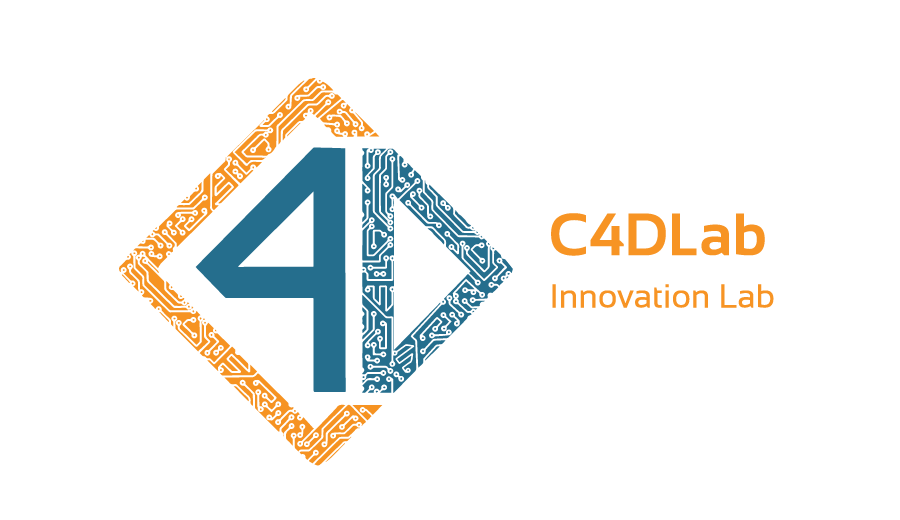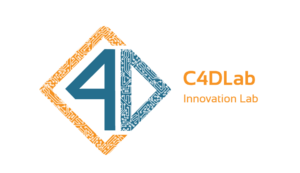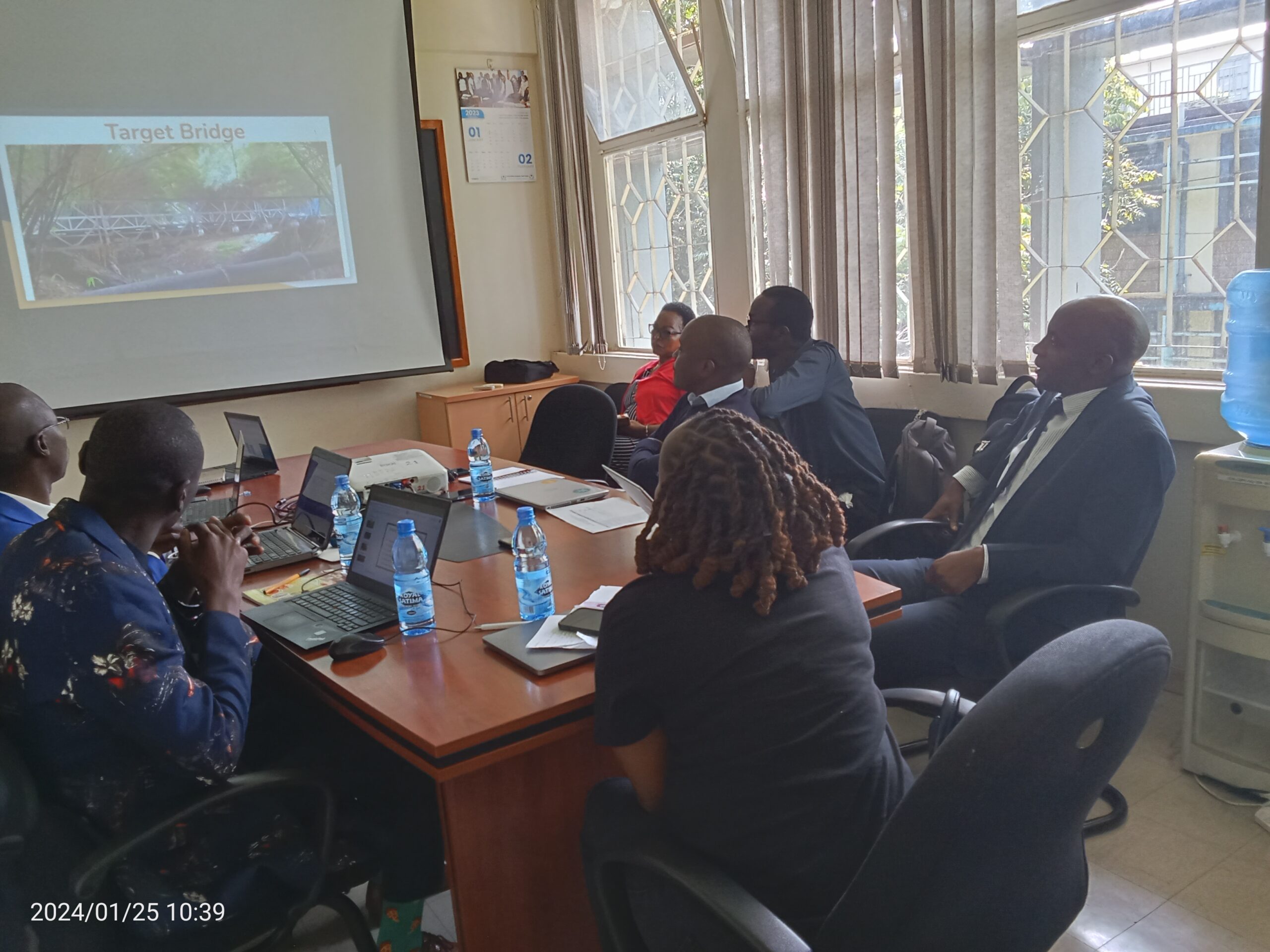This morning the C4Dlab and First Founders Factory held a virtual meeting in which three startups in the GCA Accelerator Programme demonstrated progress on their climate adaptation-focused innovations as they inch closer to the finish line.
This marks the third time they met to assess the progress the startups have made on the road to full operation of their innovations.
The meeting provided an opportunity for the C4Dlab and First Founders Factory to gauge the progress and identify key points of interest, particularly potential improvements. This is a necessary step and could be one in a series of similar sessions in future as the startups work towards revolutionizing how we see climate resilient infrastructure in this country.
The three startups continue to improve one demonstration after another, showing remarkable adaptability as they assimilate the insights and tweak their innovations.
Evidently, the innovations have not only been getting better, but there is also demonstrable effort at forging practicable relationships with state agencies and other stakeholders who are important for the success of the innovations.
The mentors, C4DLab and First Founders Factory, have been most helpful, offering incisive comments on various aspects of the innovations. Their focus has been on the practicability of the solutions, especially how they solve real, and not imaginary, problems. They have been much interested in the value proposition, profitability and sustainability of the business models.
FLIPS ORG
The first team to do a demonstration was FLIPS ORG whose representative took time to explain how much work they had done and what remained to do to make their innovation functional and ready to go to market.
During this presentation, it became clear that if one is to think about insurance underwriting in the whole business model, then the startup would have to collect data that are as dynamic as possible to allow for reasonable prediction, risk modelling and quantification. A possible solution was floated as obtaining data from the meteorology department.
The startup also talked about and was challenged on computing the market size and determining its actual customers. The sort of risks that would provide a business case for the innovation could include the losses resulting from flooding incidents as farmers fail to sell their produce. This is apart from the household losses.
Business model demonstrated including free and premium services. There would be journals, live dashboards, and alerts and notifications based on detailed risk assessment. Not to mention additional tools that the innovators would incorporate in the application.
The startup is at the prototyping stage, the application partially complete. The next step will be testing and iteration, which should be soon enough on the next convenient occasion.
Relatedly, mentorship is necessary for the success of an innovation, especially when it comes to market readiness. Thankfully, C4Dlab is already providing that all round the clock.
It was agreed that the startup would take into account the insights and advice offered to adjust their prototype accordingly and return with an improved pitch deck for review. This would of course be subject to consultation on the next available and convenient opportunity.
ROISUM
Roisum was the second to do a presentation. The representative from this startup demonstrated how their technology would be used for road surface condition monitoring to eliminate problems that result from flooding. Some of the problems highlighted were difficulty in identifying climate hazard spots, and a lot of money spent on road maintenance.
The presentation laid bare the need for roads that are climate-adaptive and for road maintenance agencies to predict climate hazards. The idea is to provide a cost-saving opportunity using digital tools while offering alerts on what lies ahead. The technology the startup is developing would be able to collect data on mobile apps through crowd sourcing and analyze them to provide near-real-time data for road users and road maintenance agencies.
The startup announced the intention to demonstrate progress on their prototype to road infrastructure owners, especially Kenya Highways Authority (KeNHA) and Kenya Urban Roads Authority (KURA), which are tasked with maintaining roads.
The mentors advised that the startup considers collecting high-volume data so that the app is optimally used even when there are no floods, which are obviously seasonal.
The overarching objective idea is to ensure road maintenance agencies (and road users) take data-driven actions.
Revenue stream was discussed as well. Apart from using the data on the ROISUM digital platform, there would be adverts.
Where they are: the startup is currently collecting data for the AI model.
Some of the clearly identifiable gaps are with the Kenya Roads Network portal, and the KRB portal does not provide real time data; while google maps do not provide climate-related hazard mapping.
The startup got the advice to figure out clearly what gaps exist in what the agencies already have so they can plug in with an appropriate solution.
What are the projections?
While the process of incubation by C4DLab is on and the innovation is practically on the path to full realization, additional funding is required to push the innovation through the development and the test phase.
The session also highlighted the need to always incorporate the milestones to indicate progress to stakeholders and justify the business case.
Appen Softwares
Appen Softwares’ was the last to make a presentation. Their innovation seeks to offer an solution to climate-induced infrastructural pro in assessing the status of the country’s bridges in real time and simulating its future behaviour to address problems likely to occur due to humidity and temperature changes. This is geared towards making such infrastructure resilient. The issue of collapsing bridges, for example, is attributable to both poor workmanship and climate hazards. The startup is therefore working on a digital and more effective way to monitor the condition of the bridges. Traditional methods of inspecting bridges is inadequate to the extent that it is costly, time-consuming, subjective and not real time.
Their solution would leverage AI and IoT in actuators and sensors to provide real-time information on the health of a bridge. Powering the technology would be through standard solar-powered batteries. A key question was posed on how the end-user would interface with the information? The presenter explained that access to the data would be through Wide Area Network (WAN) and cloud storage.
So, what would it take to get the innovation to market? Additional funding.
Overall, the startups demonstrated how they have considered and will be dealing with key aspects of the revenue model including market and competition.


